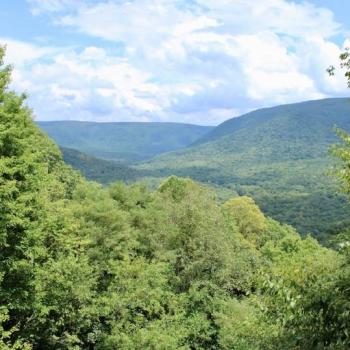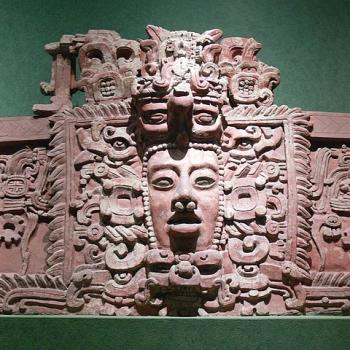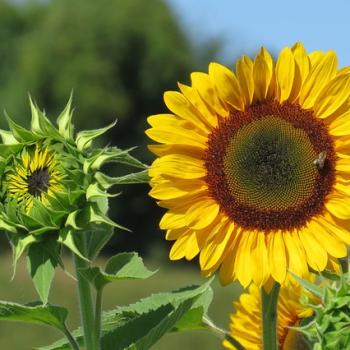Understanding Bodhi Day
Bodhi Day is an annual holiday, most commonly commemorated by Mahayana Buddhists living in places like China, Japan, Korea, the Philippines, and Vietnam. The word “bodhi” means “awakening” or “enlightenment” in both the Pāli and Sanskrit languages. This holiday commemorates the day on which Shakyamuni (or Siddhartha Gautama)—whom we generically refer to as “the Buddha”—attained enlightenment while sitting under a fig tree at Bodh Gaya in Northeastern India.
Cultural Variations of Bodhi Day
While most who commemorate this annual holiday refer to it as “Bodhi Day,” not all do. In China, for example, the holiday is typically called “Laba,” which means the "8th day of the La"—La being the 12th month of the Chinese Lunar calendar. In parts of Japan, particularly in Zen Buddhism, the holiday is often referred to as Rōhachi, which also signifies the 8th day of the 12th month.
The Significance of Bodhi Day
Though not all Buddhists commemorate Bodhi Day, it is celebrated by a majority, as the Mahayana tradition and its various sub-denominations make up approximately 62 percent of all Buddhists. This holiday is one of the most important in Buddhism, symbolizing the ultimate goal of achieving enlightenment. While it specifically celebrates Siddhartha's enlightenment, it also serves as a reminder of the pattern he set for all Buddhists, highlighting the Four Noble Truths as the pathway to enlightenment.
Traditions of Bodhi Day
Like Christmas or Hanukkah, Bodhi Day is celebrated uniquely by different families. Many engage in traditional practices, such as partaking of special foods like cake, leaf-shaped cookies, and tea. Some emphasize the spiritual side by engaging in readings of sacred Buddhist texts or studying the dharma. Others may chant sutras or spend time meditating. For instance, in Japan, Zen Buddhist monks stay up all night meditating on the eve of Bodhi Day.
Commemoration Practices
The holiday is typically celebrated in a calm, serene manner. The focus is on enlightenment and what the Buddha discovered on his journey to Nirvana, which is essential for all who seek to achieve the same state. Some may decorate a bodhi tree with lights or focus their attention on a statue of one of the Buddhas of the Mahayana tradition, reflecting on the various paths to enlightenment.
Bodhi Day Compared to Vesak Day
Although Bodhi Day is not always as well-known as Vesak Day, it remains a significant Mahayana Buddhist holiday. Theravada Buddhists combine the three events of birth, enlightenment, and death into Vesak Day, while Mahayana Buddhists prefer to honor these events separately, celebrating Buddha's birth in the fourth month, enlightenment in the twelfth month, and death in the second month of the Lunar Calendar.
Influence of Other Traditions
Bodhi Day, commonly commemorated on December 8th, may have incorporated elements from Christian Christmas traditions, such as decorating with colored lights. While Christians may see this as symbolic of the star the Magi followed, for Buddhists, the lights represent the goal of enlightenment and the varied paths to achieving it, reflecting the non-dogmatic nature of Buddhism and the central goal of seeing things as they really are.
11/14/2023 6:10:29 PM











